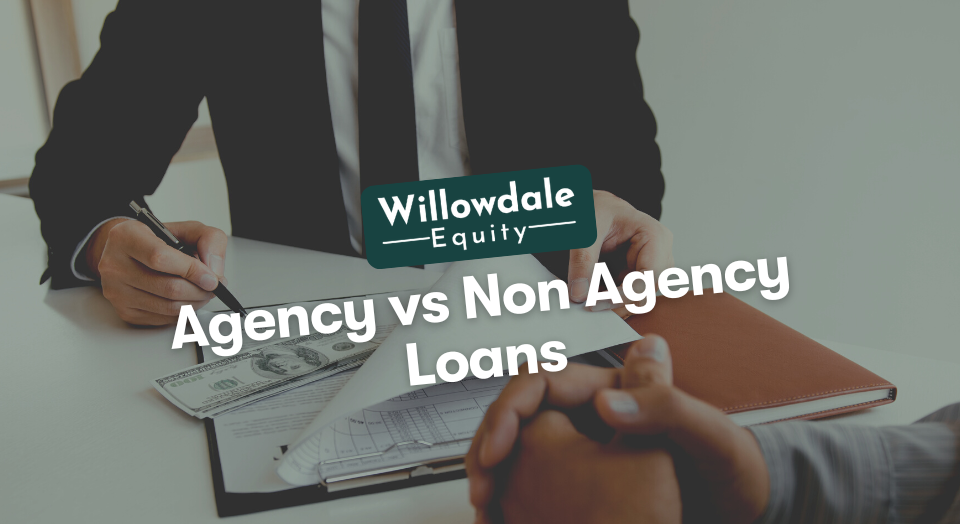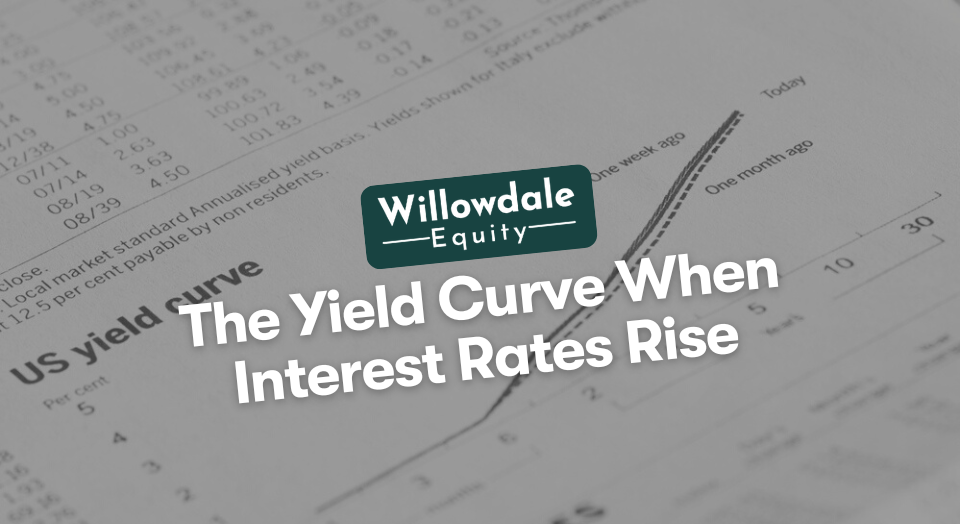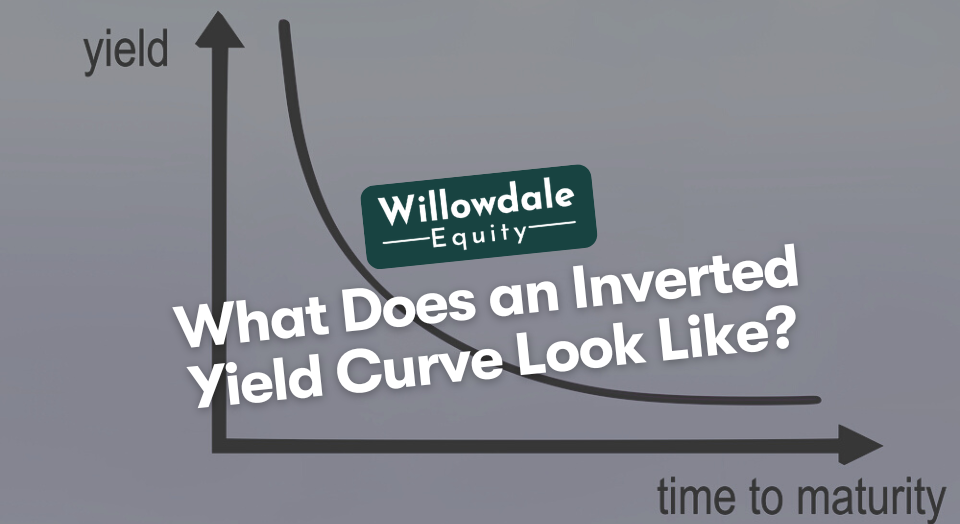
What is the Difference Between Agency and Non Agency Loans?
This article is part of our guide on fannie mae and non-recourse loans in multifamily, available here.
Debt financing is critical to the real estate market. Without it, people would be unable to borrow money to purchase homes or refinance their debts, and as a result, the market would collapse.
After a mortgage loan is closed, it is pooled with other loans as collateralized mortgage obligations. These pools, in turn, are repackaged as residential mortgage-backed securities and commercial mortgage-backed securities.
In this article, we’ll look at the similarities and differences between both agency and non-agency loans. You will also have a thorough understanding of mortgage-backed securities, how they function, and why they are critical to the real estate market and debt financing.
Key Takeaways
-
The primary difference between agency and non-agency loans is whether or not the standards for agency securitization have been met.
-
Fannie Mae and Freddie Mac will look at loan sizes, credit score (due to risk), debt-to-income ratios, assets in reserve, and if the loans fit their parameters, they can be repackaged and sold off as mortgage-backed securities due to low-risk factors.
-
Non-agency loans cannot be held for the guarantees that Fannie Mae and Freddie Mac need in their portfolios.
What is an Agency Loan?
An agency loan is a loan that is a mortgage-backed security and it is created by the following entities:
- FHLMC (Federal Home Loan Mortgage Corporation)
- FNMA (Federal National Mortgage Association)
- GNMA (Government National Mortgage Association)
The most secure loan group is the GNMA. The US government guarantees this group, and there is no default risk. The groups FNMA and FHLMC are GSEs (government-sponsored enterprises). Conforming loans fit into this group, as do conventional loans. The bonds these loans are tied to are not as secure; however, they are very safe from default risks.
Buyers purchase the MBA’s with similar pool characteristics like coupon issuer, term, mortgage type, and month of settlement. Once the actual pools are attached to the TBAs, the interest rates are locked, enabling investors to hedge other positions they may have. Non-agency loans are those mortgage-backed securities not guaranteed by FNMA, FHLMC, or GNMA.
What are Non-Agency Loans?
Non-agency loans are backed by mortgage-backed securities issued by private financial institutions. These securities are also known as private-label securities. An example of private-label security is JP Morgan Chase which announced its foray into the private-label mortgage market.
The loans that are part of these pools do NOT meet the requirements of FNMA, FHLMC, or GNMA. They include jumbo mortgages, mortgages that have been closed for self-employed borrowers, as well as sub-prime mortgages. There are many differences between agency and non-agency loans.
What is the Difference Between Agency and Non-Agency Loans?

The primary difference between agency and non-agency loans is whether or not the standards for agency securitization have been met. Fannie Mae and Freddie Mac will look at loan sizes, credit score (due to risk), debt-to-income ratios, assets in reserve, and if the loans fit their parameters, they can be repackaged and sold off as mortgage-backed securities due to low-risk factors.
Non-agency loans cannot be held for the guarantees that Fannie Mae and Freddie Mac need in their portfolios. In the wake of the mortgage crisis in 2007, non-agency lending was impacted to such a degree that these loans were very hard to qualify for and close on. Since then, that market has stabilized, and non-agency lending is once again a thriving industry.
Some Characteristics of an Agency Loan
- LTVs that do not exceed 80%
- DTIs that do not exceed 43%
- Credit scores greater than 680
- Employment of no less than two years with the employer making a statement that the borrower will continue to be employed with the firm for at least one year
The underlying loans in this group are in the asset class where the loans meet agency standards and resale for agency mortgage-backed securities is higher. Eligible borrowers have sufficient assets and reserves to make at least six months’ worth of monthly payments. Conversely, some characteristics belong in the realm of a non-agency loan, and these loans carry higher interest rates.
Some Characteristics of a Non-Agency Loan
Characteristics of a nonagency loan include, but are not limited to:
- Loans that fit into the realm of a government-sponsored enterprise
- Loan sizes that are above the loan limits set by Fannie Mae and Freddie Mac
- LTVs that may exceed 80%
- DTIs that may exceed 43%
- Credit grade scores below 680
- Insufficient assets for closing with Fannie Mae or Freddie Mac
- Newly employed borrowers or those that had a recent career change.
- Possible prepayment penalties
- These loans are then packaged with the other loans in the non-agency MBS market. Multifamily investors can either close with a non-agency or agency loan. Most of this sector of investors choose non-recourse agency loans.
Which Type of Loan do Multifamily Investors Typically Use?
Multifamily investors typically choose non-recourse agency loans. The non-recourse feature prevents the personal assets of a borrower/borrowers from being seized by a lender. Multifamily investors want the backing of Fannie Mae or Freddie Mac because the risk of defaults is much lower than with a non-recourse loan.
Real estate investment trusts also fit into this category. They are also a part of this mix of investments because private entities will want to cash in on the opportunity to make money either from the interest payments from the underlying mortgages or from other mortgage REITs.
Frequently Asked Questions About the Differences Between Non-Agency and Agency Loans
A standard agency loan is one in which the backing of FNMA, FHLMC, and/or GNMA is available for resale on the secondary mortgage market. These loans include no income verification loans, no income, no asset verification loans, and are not loans with a history of high rates of defaults.
Agency means that a bona fide regulatory body, typically by and for the government of the US, (FNMA, FHLMC, and/or GNMA) will back and securitize loans post-closing. Most mortgage loans are regulated in some form or fashion by either a governmental or quasi-governmental body.
Agency Vs Non-Agency Loans - Conclusion
In this article, agency and non-agency loans have been shown to have unique characteristics. These two types of loans serve different functions for investors and individual borrowers. Since every borrower or investor has their own needs, you need to consult with a professional before agreeing to or locking into any loan or loan type.
Multifamily investors want the security of personal asset protection. However, they are unwilling to take risks associated with a loan not securitized by a regulatory body. Non-Agency mortgage-backed loans do not fit into this lending scenario because of the potential risk to the investor, although non-agency loans have made a comeback as of mid-2022. Some of these non-agency loan products may offer lower costs to transact due to rising interest rates, requiring agency loan borrowers to purchase costly rate caps to mitigate the rising rates.
If you’re building long-term wealth through private equity illiquid tax-advantaged multifamily real estate across the south-eastern united states, join the investor club today.
Sources:
- Janover Multifamily Loans, “Non Recourse Loans”
- Assets America, “Agency Loans & Non-Agency MBS – Ultimate Guide”
Interested In Learning More About PASSIVE Real Estate Investing In Multifamily Properties?
Get Access to the FREE 5 Day PASSIVE Real Estate Investing Crash Course.
In this video crash course, you’ll learn everything you need to know from A to Z
about passive investing in multifamily real estate.
We’ll cover topics like earned income vs passive income, the tax advantages, why multifamily, inflation, how syndications work, and much much more!




